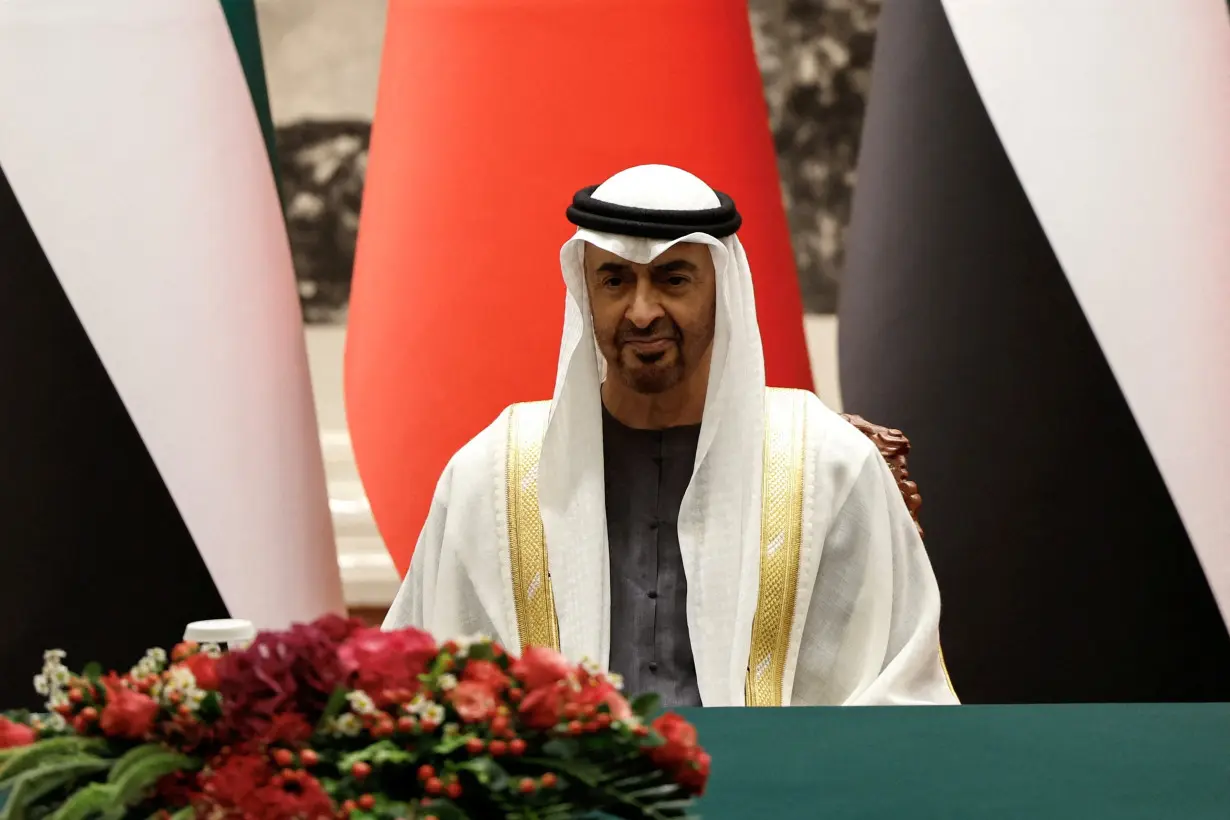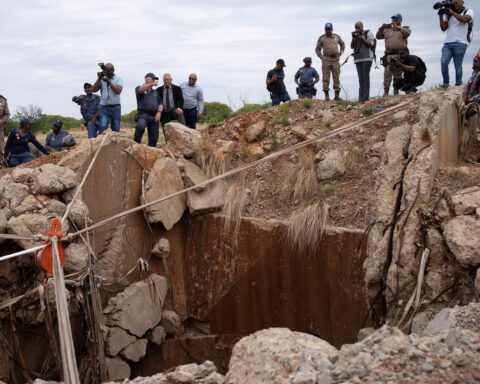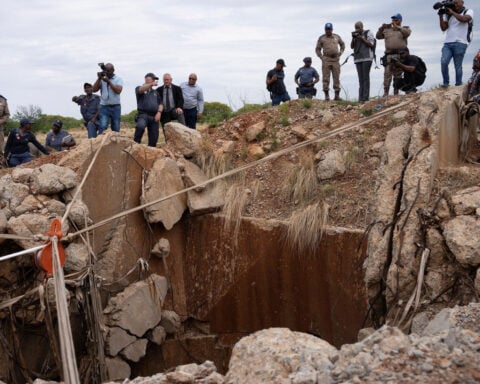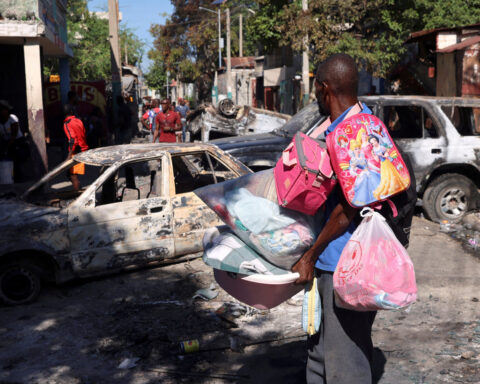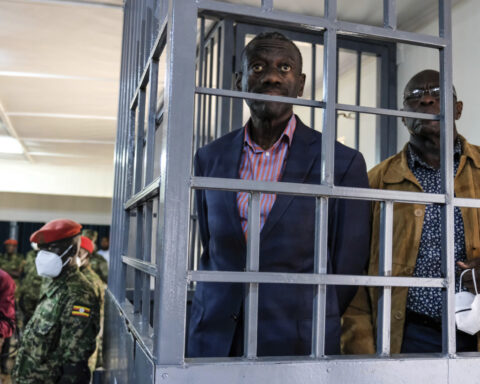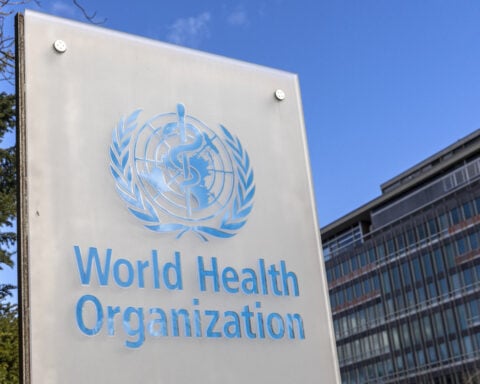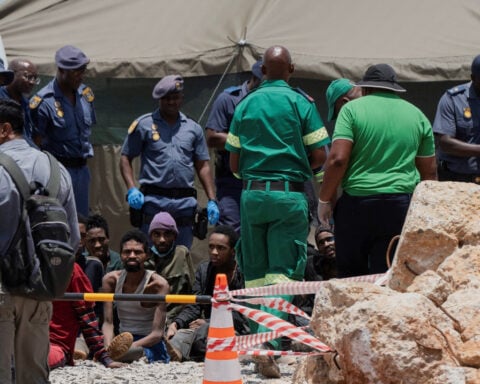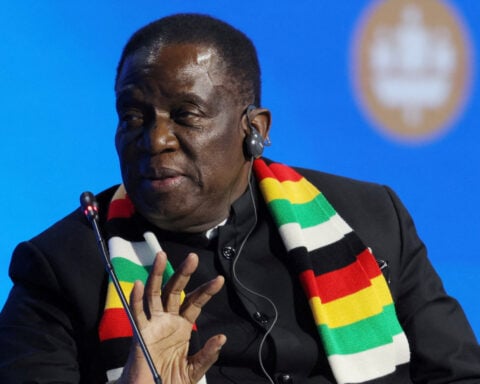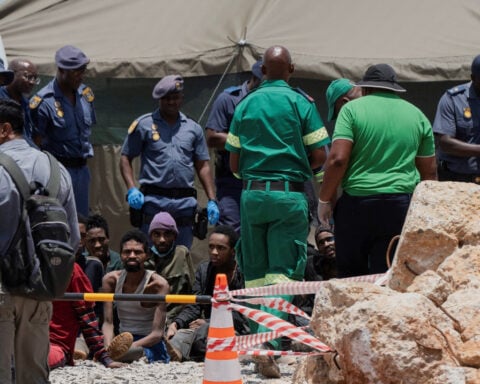CAIRO (Reuters) -The United Arab Emirates' president and the head of Sudan's army have discussed an offer from Ethiopia's leader to mediate in Sudan's 15-month-old war, diplomatic sources said.
It was the first public communication between the two leaders since the army began publicly criticising the UAE over its alleged support for its rival in the war, the paramilitary Rapid Support Forces (RSF).
The UAE denies the allegations although U.N. experts have said they are credible. The allegations surfaced in a fiery back-and-forth at the U.N. Security Council in June.
Emirati state news agency WAM reported on Thursday that in the call UAE President Sheikh Mohammed bin Zayed Al Nahyan "affirmed the UAE's keenness to support all solutions and initiatives aimed at halting escalation and ending the crisis in Sudan".
Though some in Sudan felt the call was overdue, hawkish Islamists who form an important support base for the army have rejected mediation efforts and are wary of the UAE role, analysts say.
Early on Friday the Sudanese army said in a statement that Sudanese army chief General Abdel Fattah al-Burhan told Sheikh Mohammed, known as MbZ, to stop his backing for the RSF, "who kill the Sudanese, destroy their country, and displace them".
According to Sudanese diplomatic sources, Burhan and MbZ discussed a proposal by Ethiopian prime minister Abiy Ahmed, who visited Sudan earlier this month, to mediate an end to the war which erupted in April 2023 over plans for a political transition.
Multiple mediation efforts have failed to bring a halt to the conflict, which has left half the population facing crisis level of hunger, forced about one-fifth from their homes.
There is no accurate data on how many have been killed, but death toll estimates run into the tens of thousands.
Analysts and diplomats say the UAE, which maintains good relations with most of Sudan's neighbours including the army's main backer Egypt, will likely have to play a role in finding an end to the war.
(Reporting by Enas Alashray and Nafisa Eltahir in Cairo, Khalid Abdelaziz and Clauda Tanios in Dubai; Editing by Aidan Lewis and Angus MacSwan)

 Italy, Albania, UAE sign deal for energy subsea interconnection
Italy, Albania, UAE sign deal for energy subsea interconnection
 European shares advance as bond yields ease; soft inflation powers UK stocks
European shares advance as bond yields ease; soft inflation powers UK stocks
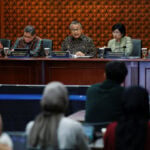 Bank Indonesia delivers surprise rate cut to support growth
Bank Indonesia delivers surprise rate cut to support growth
 Novak Djokovic breaks a tie with Roger Federer for the most Grand Slam matches in tennis history
Novak Djokovic breaks a tie with Roger Federer for the most Grand Slam matches in tennis history
 China's RedNote: what you need to know about the app TikTok users are flocking to
China's RedNote: what you need to know about the app TikTok users are flocking to
 British author Neil Gaiman denies ever engaging in non-consensual sex as more accusers come forward
British author Neil Gaiman denies ever engaging in non-consensual sex as more accusers come forward
